Journal Boards
JOURNAL OWNER
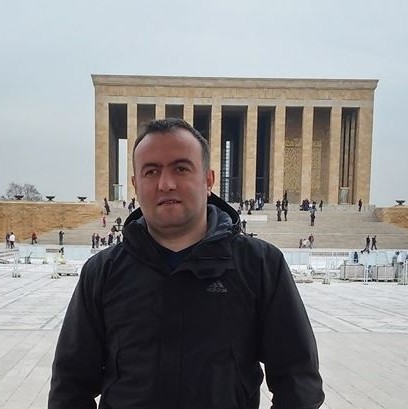
English, Latin
EDITORS
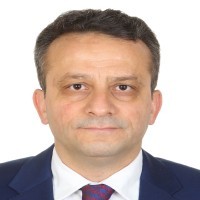

English, Latin
EDİTORİAL BOARD
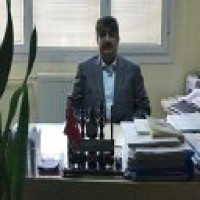


English, Latin
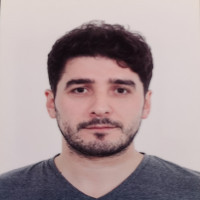
İngilizce, Arapça, Farsça
Uli Schamiloglu is Professor and chair in the Department of Kazakh Language and Turkic Studies at Nazarbayev University in Astana, Kazakhstan. He is also director of the Ph.D. in Eurasian Studies program at Nazarbayev University. He received his B.A. in Middle East Languages and Cultures from Columbia College in 1979 (with a concentration in Turkish Studies) and his Ph.D. in Middle Eastern and Central Asian History from Columbia University in 1986. He also studied in the Department of Altaistics at Szeged University in Hungary in Fall 1982. He has taught previously at Indiana University-Bloomington (1983-1989) and at the University of Wisconsin-Madison (1989-2017), where he is now professor emeritus.
His main research interests include the Turkic languages and cultures of the Middle East and Central Eurasia, the socio-economic history of the Middle East and Central Eurasia in the medieval period (especially the Golden Horde), the history of Turko-Islamic civilization, and modern intellectual movements among the Muslim Turkic peoples of the Ottoman and Russian Empires. Since the late 1980s he has also been interested in the role of the bubonic plague in the history of medieval Central Eurasia, especially the impact of plague on the history of populations, written monuments, literary languages, religiosity, and other spheres. This has led to a growing interest in the “Science of the History of Man”. In this regard, he has worked with colleagues to establish the Nazarbayev University aDNA Lab.
ODTU felsefe bölümünden Lisans derecesiyle mezun olduktan sonra Bilkent Üniversitesi tarih bölümünde yüksek lisans ve doktora yaptım. halen Mersin Üniversitesinde Profesör olarak çalışıyorum
FIELD EDITORS
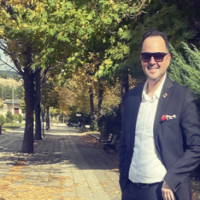
Çalışmalarımda İngilizce, Latince ve Rusça kullanmaktayım
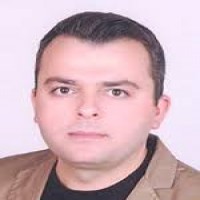



Lisans: Hacettepe Üniversitesi Fen Edebiyat Fakültesi Sanat Tarihi (1999-2003)
Yüksek Lisans: Hacettepe Üniversitesi Sosyal Bilimler Enstitüsü Sanat Tarihi ABD (2004-2007)
Doktora: Ankara Üniversitesi Sosyal Bilimler Enstitüsü Sanat Tarihi ABD (2011-2017)
Unvan-Kurum: Doç. Dr., Bozok Üniversitesi Fen-Edebiyat Fakültesi Sanat Tarihi Bölümü, Bizans Sanatı Anabilim Dalı Başkanı
1978 İstanbul doğumlu. 1996-2000 yılları arasında İstanbul Üniversitesi Edebiyat Fakültesi Tarih Bölümü’nde Lisans öğrenimini tamamladı. 2002 senesinde İstanbul Üniversitesi Edebiyat Fakültesi Tarih Bölümü Ortaçağ Tarihi Anabilim Dalı’na Araştırma Görevlisi olarak atandı. 2004 yılında İstanbul Üniversitesi Sosyal Bilimler Enstitüsü’nde Yüksek Lisans programından mezun oldu. 2012 senesinde Doktor, 2020’de Doçent unvanlarını aldı. Hâlen aynı anabilim dalında görevine devam etmekte olup İslâm denizciliği ve Türk-İslâm devletleriyle ilgili Lisans, Yüksek Lisans ve Doktora dersleri vermekte, bu konulardaki ilmî çalışmalarına devam etmektedir. İngilizce, Arapça ve Farsça biliyor.
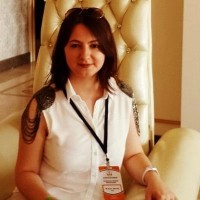


1981 yılında Giresun’da dünyaya geldi. 2005 yılında Marmara Üniversitesi İlahiyat Fakültesi’nden mezun oldu. 2011 yılında “Ebûbekir Zekeriyâ Râzî’nin Metafiziği” adlı teziyle Marmara Üniversitesi Sosyal Bilimler Enstitüsü Felsefe ve Din Bilimleri Anabilim Dalı İslam Felsefesi Bilim Dalı’nda yüksek lisansını; 2017 yılında ise aynı Enstitünün Felsefe ve Din Bilimleri Anabilim Dalı’nda “Fahreddîn er-Râzî’nin el-Mantıku’l-Kebîr’inin Tahkik ve İncelemesi” adlı tezle Mantık alanında doktora eğitimini tamamlamıştır. 2004 yılından itibaren çeşitli kamu kuruluşlarında çalıştıktan sonra 2011 yılında Erzincan Üniversitesi İlahiyat Fakültesi Mantık Anabilim Dalı’na Araştırma görevlisi olarak atanmış olup 2018'de Dr. Öğretim Üyesi, 2022 yılında da Doçent olarak atanmıştır. Halen Gümüşhane Üniversitesi İlahiyat Fakültesi Mantık Anabilim Dalında Doçent olarak görev yapmaktadır. Çalışma alanları; mantık, metafizik ve metodoloji ayrıca felsefi meseleler üzerine popüler yayınları vardır.
Gazete yazıları, Tv programları, şiirleri ve youtube yayınları bulunmaktadır.
Evli ve dört çocuk babasıdır.
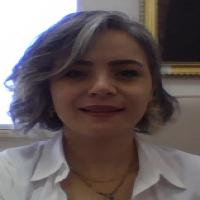
Lisans, Yüksek Lisans eğitimini Fars Dili ve Edebiyatı alanında tamamlamış olup 2017 yılında aynı alanda Dr. ünvanını almıştır. Halen Tokat Gaziosmanpaşa Üniversitesi Yabancı Diller Yüksekokulunda Dr. Öğr. Üyesi olarak görev yapmaktadır.
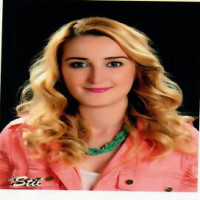
1970 yılında Sungurlu'da doğdu.
Ankara Üniversitesi, DTCF Coğrafya bölümünden 1991 yılında mezun oldu.
Yüksek Lisansı 1994 yılında ve doktorayı 1997 yılında tamamladı.
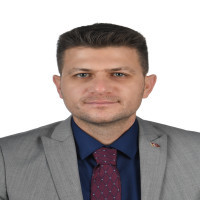




 Web
Web
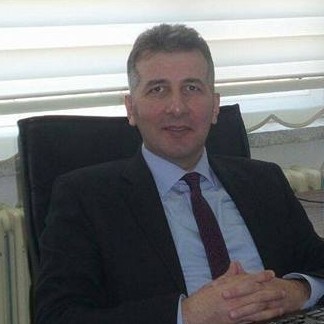



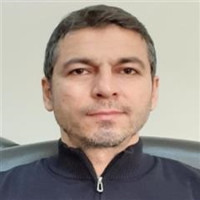
Dr. Öğretim Üyesi Nihat FIRAT
Marmara Üniversitesi İlahiyat Fakültesinden mezun oldu. 2017’de Erzincan Üniversitesi’nde yüksek lisansını (Erzincan C 55 Nolu Şer'iyye Sicili ve Hukuki Değerlendirmesi (1916-1919)), 2022’de de Atatürk Üniversitesi’nde doktorasını (Abdülbâsıt el-Malatî ve Tarihçiliği) tamamladı. 2023 yılında Erzincan Binali Yıldırım Üniversitesi İlahiyat Fakültesi’ne Doktor Öğretim Üyesi olarak atanan Nihat FIRAT’ın yayımlanmış makale, kitap bölümleri ve tebliğleri bulunmaktadır.
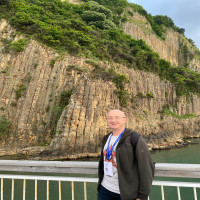
Lisans eğitimini Ankara Üniversitesi, Mühendislik Fakültesi, Jeofizik Mühendisliği (1994-2000), yüksek lisans eğitimini Ankara Üniversitesi, Sosyal Bilimler Enstitüsü, Protohistorya ve Önasya Arkeolojisi Anabilim Dalında (2007) ve doktorasını Ege Üniversitesi, Sosyal Bilimsel Enstitüsü, Bizans Sanatı Anabilim Dalında yapmıştır (2016). Gaziosmanpaşa Üniversitesi Fen-Edebiyat Fakültesi Sanat Tarihi Bölümü, Batı Sanatı ve Çağdaş Sanat Anabilim Dalında Dr. Öğretim Üyesi olarak görev yapmaktadır.
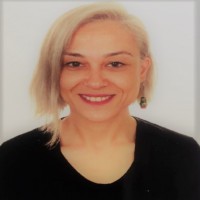
2008 yılında Ankara Üniversitesi Dil ve Tarih-Coğrafya Fakültesi Antropoloji Bölümü'nden mezun olan Dr. Öğr. Üyesi Sibel Önal, 2017 yılında Ankara Üniversitesi Sosyal Bilimler Enstitüsü Fizik Antropoloji programında doktorasını tamamladı. 2014 yılından beri mezun olduğu bölümde çalışmaktadır. Ergonomi, kent ergonomisi, beden algısı ve ekoloji üzerine dersler vererek çalışmalarını sürdürmektedir.
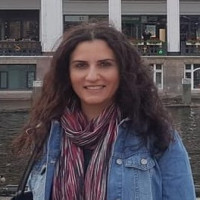
Selçuklu Tarihi, Ortaçağ Türk ve Müslüman Devletleri, Bâtınîlik, İran Tarihi, Ortaçağ tarih yazıcılığı çalışma alanlarıdır.
Medieval History History of Muslim Turkish States and Societies, Tokharistan, Ghaznavids
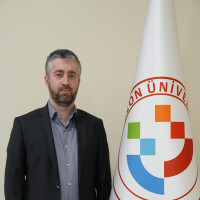
Assoc. Prof. Dr. Ahmet Yazıcı graduated from the Faculty of Theology at Ondokuz Mayıs University in Samsun in 2004. He earned his PhD in 2011 from the Department of Tafsir (Qur’anic Exegesis), Division of Basic Islamic Sciences, Institute of Social Sciences at the same university, with a dissertation entitled “The Perception of Classical and Modern Approaches in Turkish Tafsir Studies.”
Dr. Yazıcı began his professional career as an Imam-Hatip within the Of Muftiate in 2004. He was subsequently appointed to the Atakum Muftiate in July 2007 and to the Bafra Muftiate in October 2010. In 2012, he was appointed as an instructor at the Aşıkkutlu Training Center.
In 2018, Assoc. Prof. Dr. Ahmet Yazıcı was appointed as a faculty member at the Faculty of Theology, Trabzon University, where he continues to serve in this capacity.
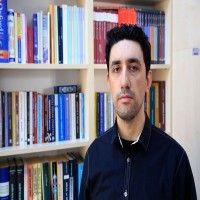
He was born in 1986 in the Sandıklı district of Afyonkarahisar and is originally from Dinar. After graduating from Çivril Anadolu Imam-Hatip High School in 2004, he started his undergraduate education at Istanbul University, Faculty of Theology and completed it in 2008. He started his master’s degree in the same year at the Department of History of Religions, Institute of Social Sciences of the same university. In December 2009, he was appointed as a Research Assistant in the field of History of Religions at Süleyman Demirel University, Faculty of Theology and completed his thesis titled Magic Squares in Religions in 2011. He started his PhD. in the Department of History of Religions, Institute of Social Sciences of Süleyman Demirel University in September 2011 and earned the title of “doctor” in 2017 with his thesis titled “Justin Martyr as a Christian Apologist”. The author, who received the title of Associate Professor in February 2024, gives lectures at the undergraduate, graduate and doctoral levels in the field of History of Religions, Faculty of Theology and at the undergraduate level in the field of Medical Anthropology, Faculty of Medicine. He is advanced in English, intermediate in Arabic and at the beginner level in Ancient Greek. He has publications in the field of History of Religions including books, book chapters, articles, presentations and translations. He is married with two children.

Dr Öğr Üyesi, Kayseri Üniversitesi, İslamî İlimler Fakültesi, Temel İslam Bilimleri Bölümü, Kelam ve Mezhepler Tarihi Anabilim Dalı, Kayseri, Türkiye.
ADVISORY BOARD

KONYA SELÇUK ÜNİVERSİTESİ
LİSANS
YL
DR TAHSİLİ
Ankara Üniversitesi DTCF Mezunu. Halen Ankara Hacı Bayram Veli Üniversitesinde çalışıyor.
ENGLISH LANGUAGE EDITORS
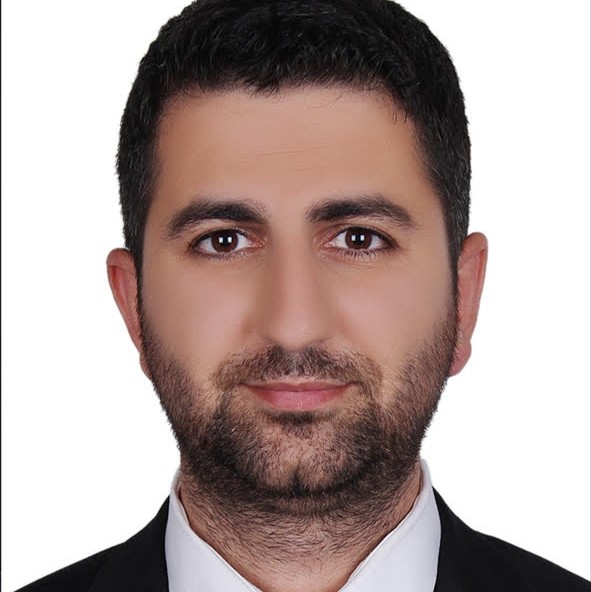
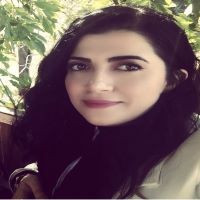
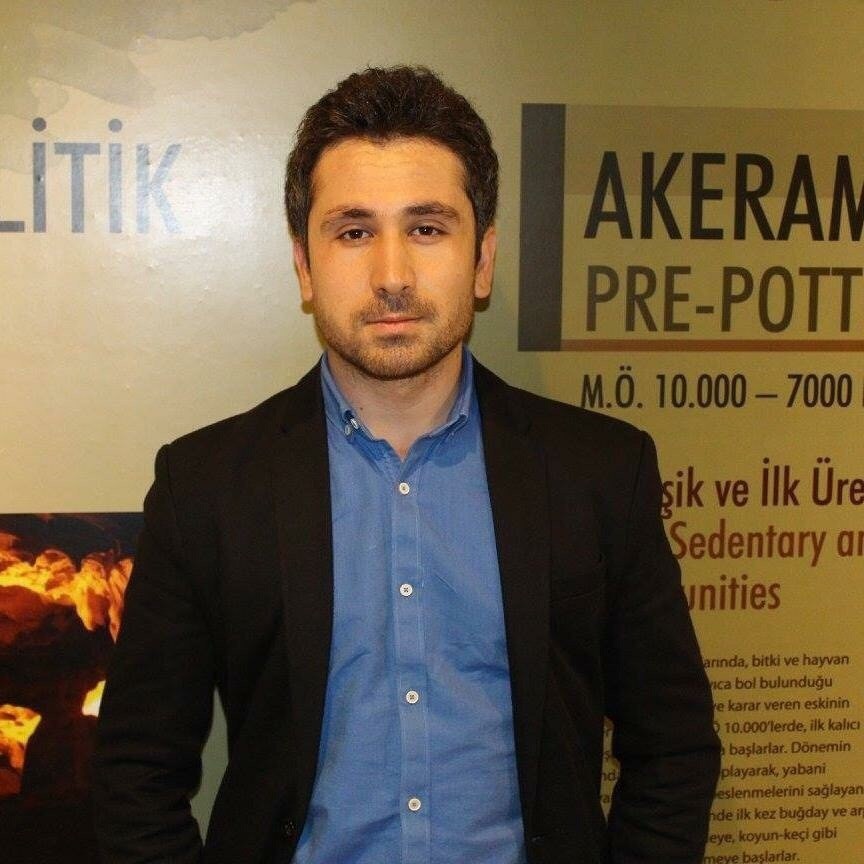
Completed his undergraduate education at Pamukkale University, spending one year of this study at the University of Southern Denmark. Started his master's degree at Istanbul University, but transferred to Aksaray University when he began working there as a faculty member, and completed his degree there. Obtained his Ph.D. from Ankara University, Institute of Social Sciences, Department of Medieval History. Currently works in the History Department of the Faculty of Arts and Sciences at Aksaray University.
WRITING AND LANGUAGE EDITORS
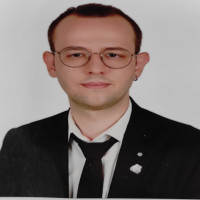


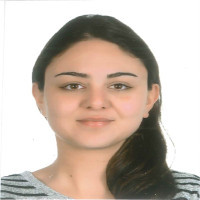
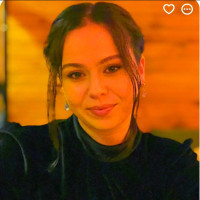
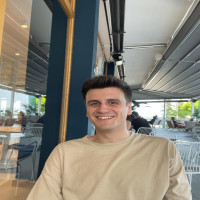
ETHIC EDITOR



 Web
Web
STATISTICS EDITOR
ASSISTANT EDITORS



RESPONSIBLE of SOCIAL MEDIA


TURKISH LANGUAGE EDITOR
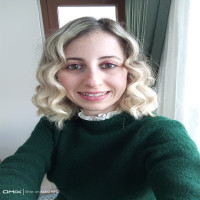
Articles published in Ortaçağ Araştırmaları Dergisi are licensed under a Creative Commons Attribution-NonCommercial 4.0 International License (CC BY-NC 4.0). Ortaçağ Araştırmaları Dergisi provides immediate open-access to its content, reflecting its conviction in advancing global knowledge exchange. The opinions presented in the articles are the sole responsibility of their respective authors and do not present the view or opinions of Ortaçağ Araştırmaları Dergisi. Terms of Use & Privacy Policy

